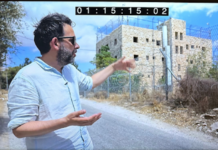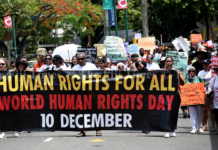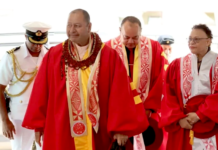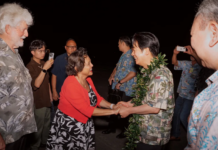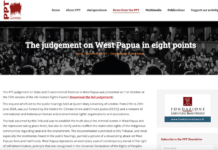NC La Première television reports on the clearing of barricades after a week of protests and rioting in the capital Nouméa. Video: NC 1ère TV
By Patrick Decloitre, RNZ Pacific correspondent French Pacific desk
With New Caledonia about to enter its second week of deadly riots, French authorities have mounted a massive law enforcement operation to regain control of the main roads in and around the capital Nouméa.
The riots were sparked by a proposed constitutional amendment which would allow more French residents of New Caledonia to vote — a move that pro-independence protesters say would weaken the indigenous Kanak vote.
French Prime Minister Gabriel Attal — after a 12-day presidential state of emergency was declared mid-week — is now chairing daily meetings of an “inter-ministerial crisis cell”, also involving Home Affairs and Overseas Minister Gérald Darmanin, his deputy Marie Guévenoux, Army Minister Sébastien Lecornu and Justice Minister Eric Dupont-Moretti.
- READ MORE: New Caledonia unrest: Defence Force to bring New Zealanders home
- Uneasy calm sets in as ‘massive’ reinforcements arrive
- Kanaky in flames: Five takeaways from the New Caledonia independence riots – David Robie
- Other Kanaky New Caledonia crisis reports
Attal also hosted a parliamentary “liaison committee” on the crisis in New Caledonia meeting on Friday. The meeting involved parliamentary representatives of New Caledonia and parliamentary groups specialising in the French Pacific archipelago.
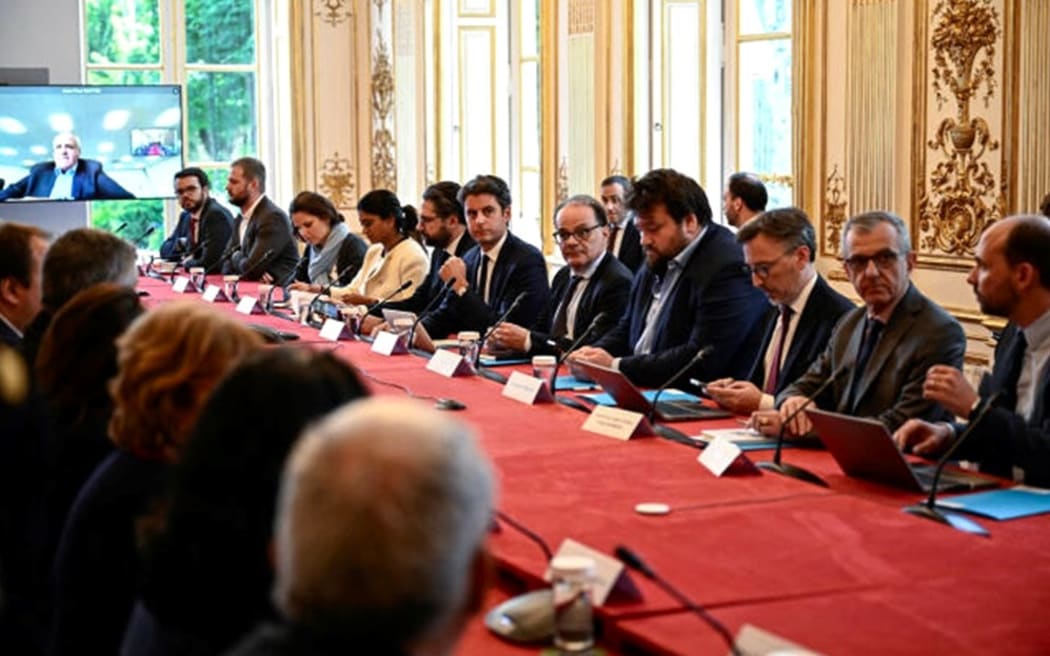
A ‘dialogue mission’ for New Caledonia
It emerged after the conference that a “dialogue mission” was now very likely to be set up and to travel to New Caledonia in order to restore dialogue and trust between Paris and its South Pacific dependency.
The notion of the mission, which would have to be “impartial” and “bipartisan”, had been called by several key players within the French political scene.
This high-level dialogue mission could involve Senate President Gérard Larcher or National Assembly President Yaël Braun-Pivet.
Also mentioned have been former prime ministers such as Lionel Jospin (who signed the Nouméa Accord in 1998 on behalf of France) or Edouard Philippe, who has always said he had grown a strong bond with New Caledonia when he was in office (until 2020).
The constitutional amendment was endorsed by the French Senate on April 2 and the National Assembly on May 14.
However, a joint sitting of both upper and lower houses of the French parliament, which President Emmanuel Macron intended to convene before the end of June to endorse the amendment, was “unlikely to take place within this timeframe”, Braun-Pivet and Larcher told French media on Friday.
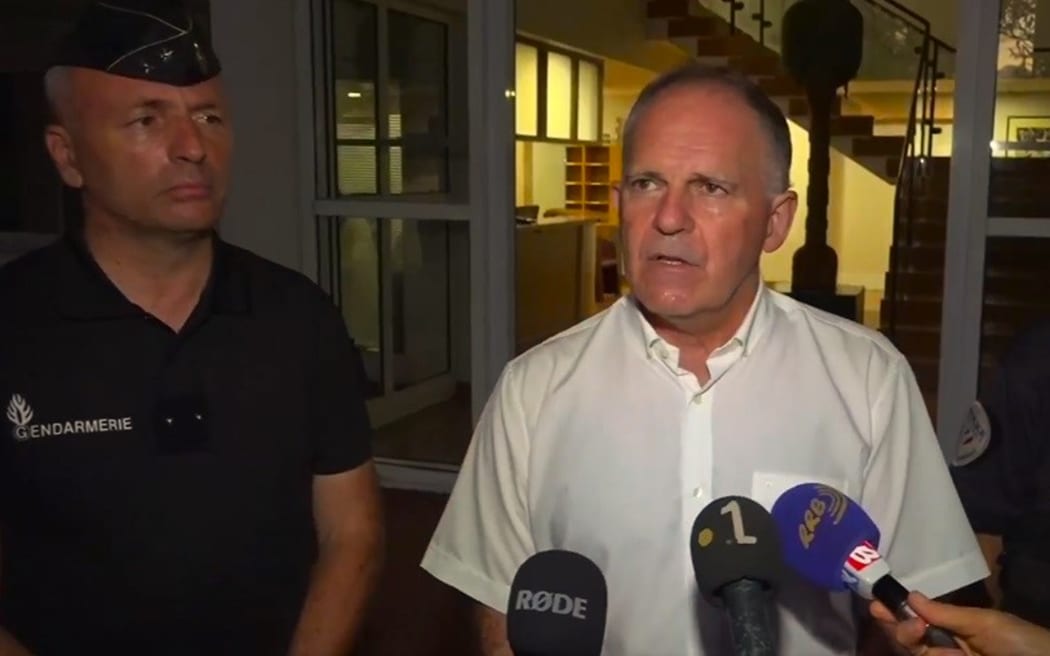
Feeling of ‘disrespect’
Several high-level experts and officials said that the spirit of the Matignon Accords — an agreement between loyalists and pro-independence groups which was signed in 1988, a decade before the Nouméa Accord — had been lost along the way. The breach of that consensus had led to a loss of trust and growing defiance between New Caledonian pro-independence players and the French State.
They also said the Kanak people felt “disrespect” when a request to delay the third independence referendum at the end of 2021 was ignored. That ended in a boycott of the final consultation on New Caledonia’s self-determination.
They also resented the fact that at one stage, Loyalist Party leader Sonia Backès had been appointed the French government’s Secretary of State (associate minister) for citizenship.
She was forced to resign in September 2023 after losing her bid for a seat at the senatorial elections.
More recently, tensions arose when another prominent pro-France leader, Nicolas Metzdorf, was appointed rapporteur for the the debates on the proposed constitutional amendment at the National Assembly.
Since the beginning of the unrest, there have been calls for the issue to be transferred back to the Prime Minister’s Office, as had been an unwritten rule since peace was restored back in the 1980s through negotiations with then-prime minister Michel Rocard.
Experts said this “special bond” was broken in 2020, after French Prime Minister Edouard Philippe was replaced by Jean Castex and the Overseas portfolio was transferred to Sébastien Lecornu, who is now France’s minister of armed forces.
Attal was also tasked to set a date for talks to be held in Paris with New Caledonian politicians for inclusive talks on the territory’s political future, but several players have refused, saying the time was not appropriate as yet.’We have pierced all the roadblocks’
‘We have broken through all the roadblocks’
Tonight, an operation involving about 600 security personnel was launched in the outskirts of the capital to regain control of the highway between Nouméa and Tontouta International Airport, French High Commissioner Louis Le France said.
The main objective was to “restore republican order”, he said, adding that he now had sufficient numbers of law enforcement officers after reinforcements had arrived from France.
“We have broken through all the roadblocks . . . Now to restore normal traffic, we have to clean the debris,” he said.
Overnight, French special forces would “carry out harassment operations” throughout the greater Nouméa area, he said.
All schools would remain closed this week from tomorrow, New Caledonia’s government said in a release.
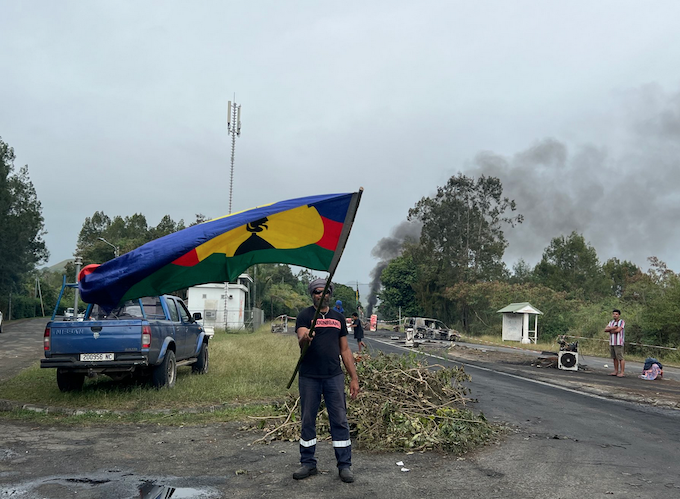
“This time will be used to work on the best scenarios to prepare the resumption and integrate all of the material, security, human and psychological implications.”
Nouméa’s archbishop Michel-Marie Calvert, speaking at the Catholic Sunday mass for Pentecost, said the community had “betrayed our faith, our baptism and Jesus” through its divisions.
“Our island, once known as ‘closest to paradise’, has now become closest to hell. So many political voices are disqualified. They are no longer audible or credible.
“Let’s sound a strong signal to say ‘no’ to violence. Let’s call for a stop to violence, let’s demand from our elected leaders an obligation of results for a shared peaceful future, of lost and found fraternity.”
More buildings were destroyed by fire on Saturday night in Nouméa, including a media centre in Rivière Salée.
This article is republished under a community partnership agreement with RNZ.






